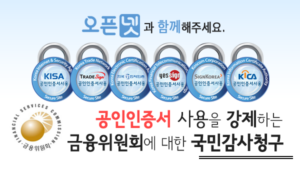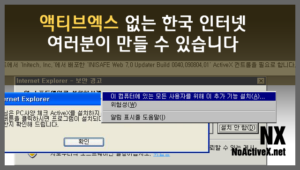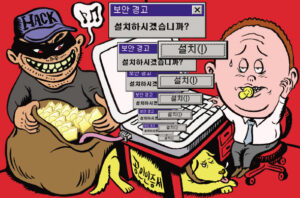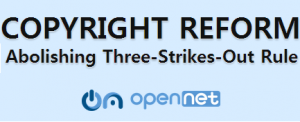Press Release
[Press Conference] Re-enact the 3 Broadcasting Act! Conduct an Investigation on Media Control! Establish a Special Committee on Media Reform!
Background The Yoon Suk-yeol regime's unconstitutional crackdown on freedom of expression has...
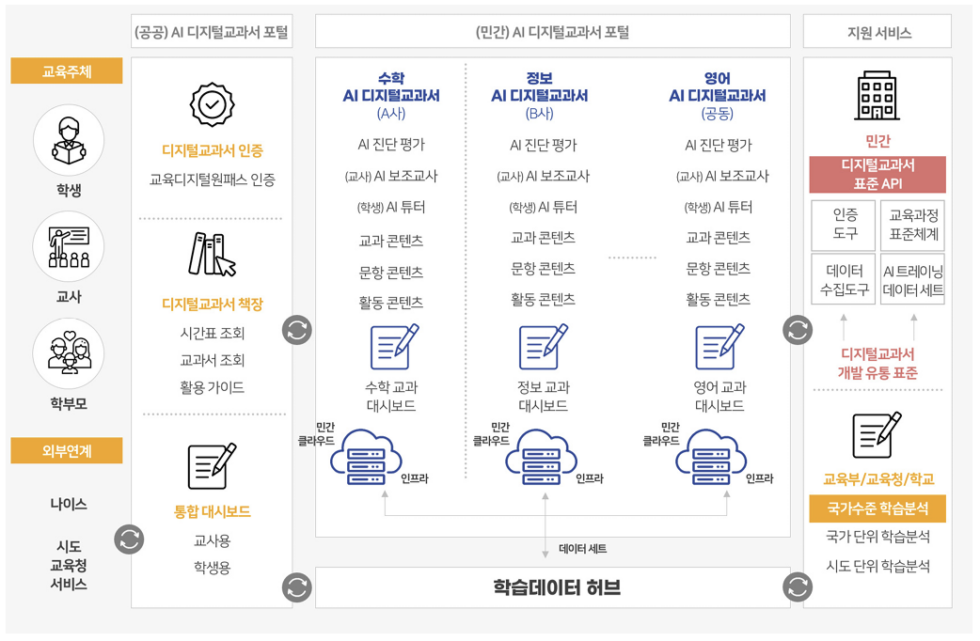
Ministry of Education, which leaked the personal data of 10,000 teachers, should suspend the development of AI digital textbooks without privacy measures
On May 20, the personal information including the names, schools, and mobile phone numbers of more...
[Press Conference] Joint Action to Stop Media Hijacking
28 May, 2024 The KCSC is a consensus-based organization consisting of 9 members. The Broadcasting...
[Press Conference] Gender Equality Books to Libraries, Discrimination and Hate to Hell: Let’s Make Libraries Rainbow
June 1, 2024 Restricting access to gender equality and sex education books is growing nationwide....
Open Net files an amicus, staying the Montana Tiktok ban
On May 22, 2024, the US Ninth Circuit Court of Appeals stayed the enforcement of the Montana...
LITIGATION
Open Net Expresses Disappointment Over Court Decision on ‘Bad Fathers’ Case and Urges the National Assembly to Abolish Criminal Truth Defamation Law
You can read the Korean original here.
Open Net Korea Welcomes the Constitutional Court’s Decision Nullifying the Internet Real-Name System for the Election Campaign Period
The Court Held the System Unconstitutional for ‘Infringement on the Freedom of Anonymous...
Open Net Welcomes the Court’s Decision to Acquit Those Charged With Truth Defamation for Running a Website That Lists Parents Who Refuse to Pay Child Support
On January 15, all 7 jurors and the full bench acquitted the operator of a website called 'Bad...
The Supreme Court Must Reverse the Lower Court’s Unfair Decision That Strips the Possibility of Fighting Against Unlawful Access to Subscriber Data
Subscriber data (also known as communications data) refers to a subscribers' personal information...
Open Net Expresses Regret over the Constitutional Court’s Decision That the Real Name System for Mobile Phones Is Constitutional
The Constitutional Court of Korea ruled against the complainants in a 7:2 decision on the mobile...
OPEN SEMINAR
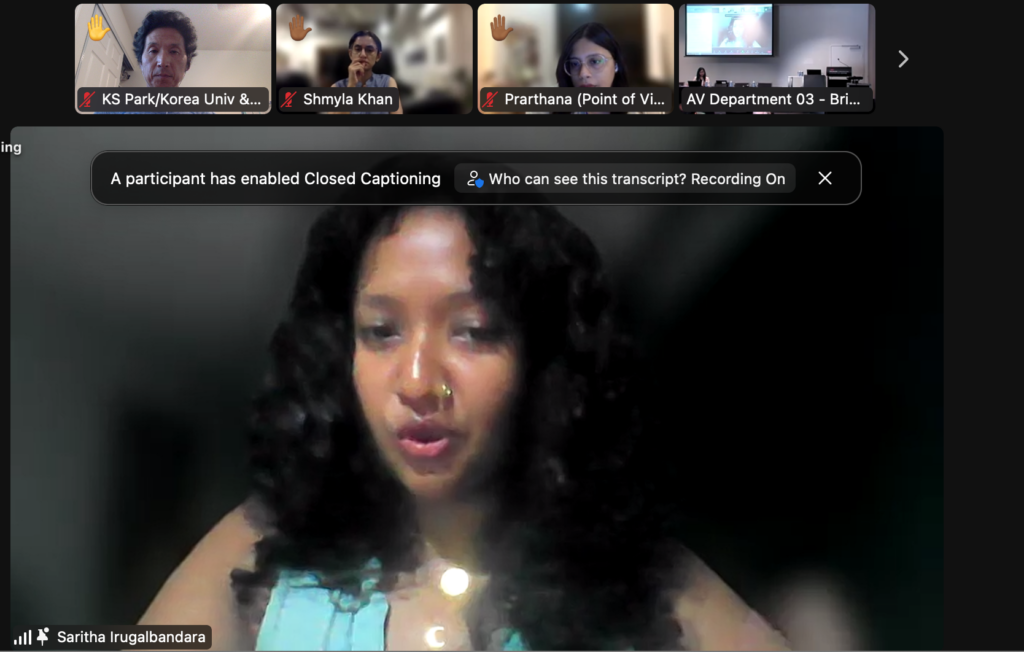
Gendered Hate Speech in South Asia: APrIGF 2023
Open Net co-moderated an APrIGF session titled Malicious Convergences: Addressing Emerging Trends...
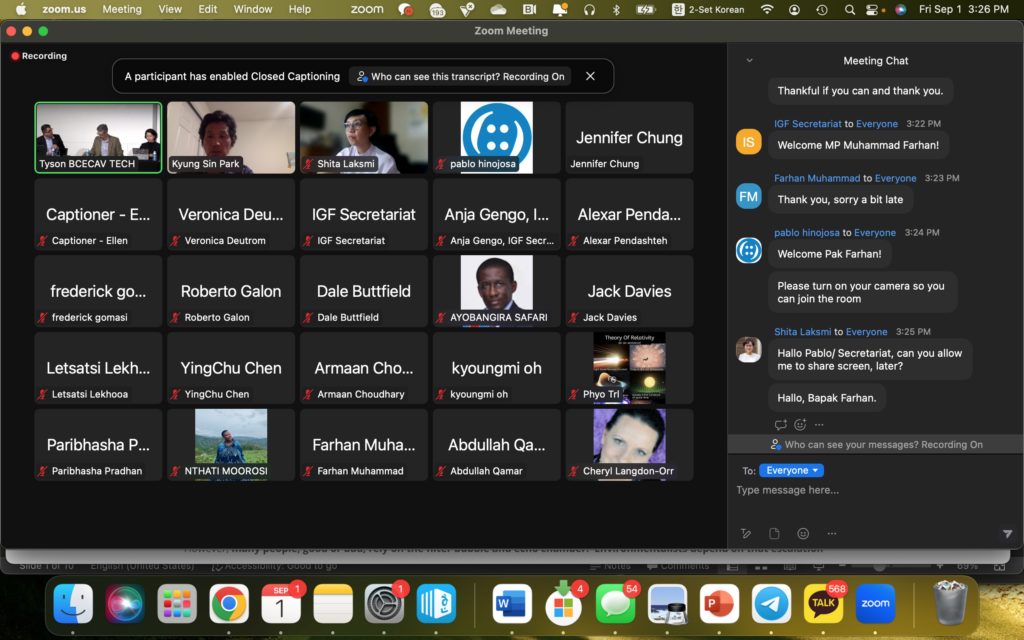
Responding to disinformation and platform transparency: APrIGF 2023 Parliamentary Track
Open Net co-hosted with IGF a APrIGF Parliamentary Track session on September 1, 2023 discussing...
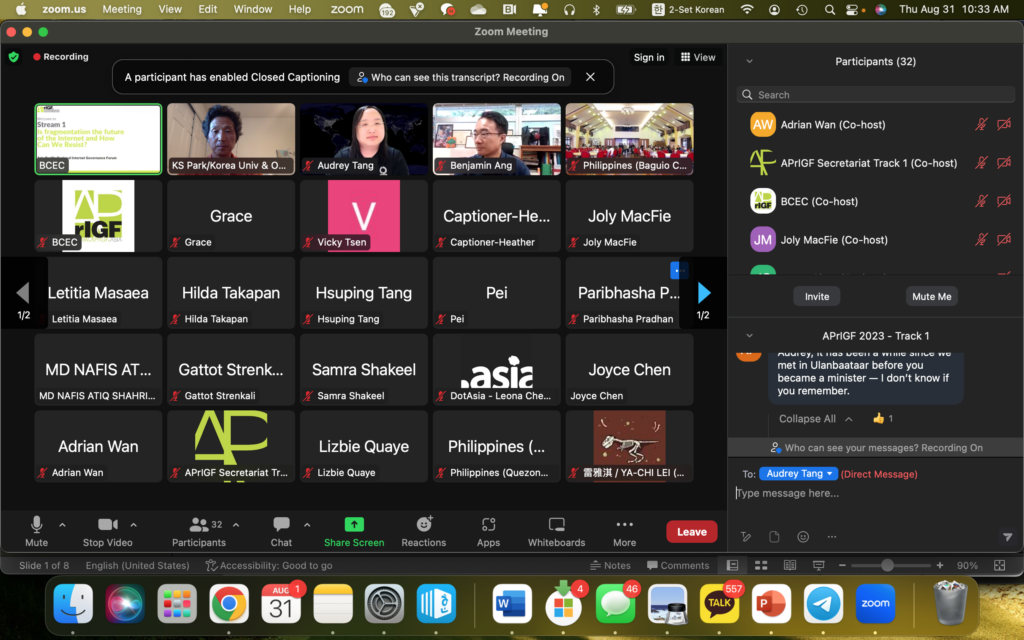
Internet fragmentation and net neutrality APrIGF 2023
Open Net co-hosted with ISOC and APNIC an APrIGF session titled "Is fragmentation the future of...
Content moderation policy advancing tech for democracy APrIGF 2023
Open Net co-hosted an APrIGF workshop titled "Content Moderation Policy Advancing Tech for...
Open Net to host a session at RightsCon 2023 on ‘Engaging Corporate Entities in Advancing Digital Rights in Asia Civil Society Activities
Before uploading the English version, please read the Korean version with translation tools.
COURT ACTIONS
Open Net Successfully Defended a NGO From Copyright Troll with Fair-Use Defense
Please read the Korean original here.
Open Net and PSPD Law Center Win a Not Guilty Verdict on Coast Guard’s Defamation Charges Against Hong Ga-Hye, the Whistleblower
Please read the Korean original here.
Open Net Files a Lawsuit against KCSC’s Decision Taking Down a Yoo Byeong-Eon’s corpse picture
Please read the Korean original here.
Open Net Files a Lawsuit against KCSC’s blocking of Grooveshark.com
Please read the Korean original here. Related previous press releases/notices: Civil Society...
Open Net files a damages suit against telcos for blocking mVoIP traffic
Read Korean original here.
education
7th Social Rights Forum-Digital Rights: Communication and Accessibility in the Digital Society
On December 23, 2024, Jiwon Sohn of OpenNet Korea participated as a panelist in the "Forum on...
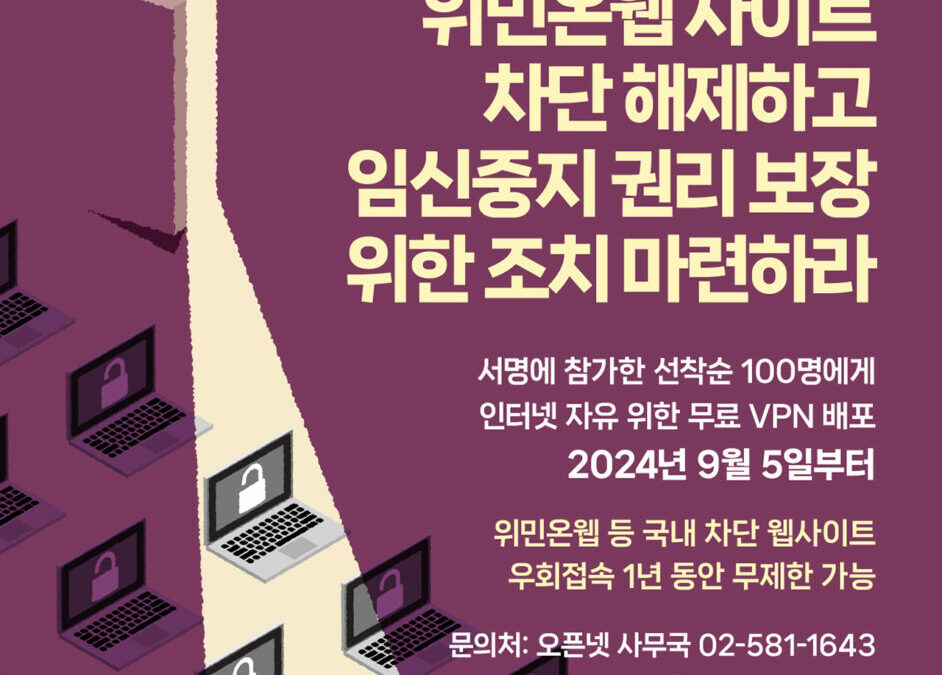
Open Net and Women On Web Collaborate to Distribute Free VPNs for Internet Freedom in South Korea
Korean version text
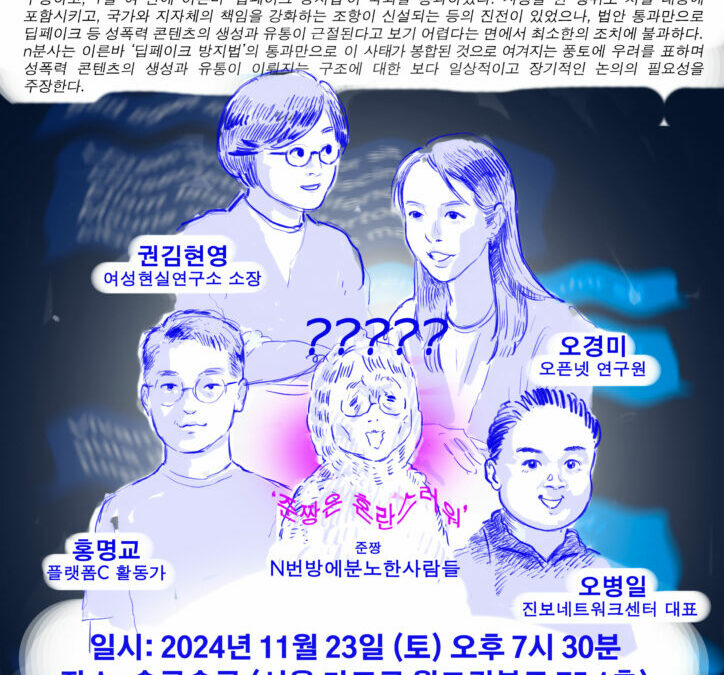
Recap of The Debate “Is It Okay To Use Telegram As It Is?”
On November 23rd, Open Net Researcher Kyoungmi (Kimmy) Oh participated as a panelist in a...
![[Right to Know Infringement Task Force][Parliamentary Forum] Yoon Seok-yeol government’s Attempt to Legalize Information Concealment: Issues and Tasks of the Revision of the Officla Information Disclosure Act](https://www.opennet.or.kr/wp-content/uploads/2024/11/정보공개법-토론회2-1024x684.jpg)
[Right to Know Infringement Task Force][Parliamentary Forum] Yoon Seok-yeol government’s Attempt to Legalize Information Concealment: Issues and Tasks of the Revision of the Officla Information Disclosure Act
On November 11, 2024, the Civil Society Organizations Network held a parliamentary forum titled...
Submitted an Opposition to the National Assembly: Amendment to the Protection of Communication Secrets Act (by Parliamentary Member Cheong-rae Jung, Bill No. 2204138)
On November 13, 2024, OpenNet, a non-profit organization, submitted an opposition opinion to the...
POLICY RESEARCH
NGOs to Host Press Conference Before the UN Special Rapporteur on the Right to Privacy’s Visit to Korea
Please read the Korean original here. NGO Report on the Right to Privacy in the Republic of...
Open Net Hosts Sessions on Net Neutrality and Open Data Analysis at KrIGF 2019
Please read the Korean original here.
Open Net Co-Hosts a Seminar on the Copyright Act Reform and Adoption to Protect Creative Workers
Please read the Korean original here.
Open Net Invites Local and International Experts on Freedom of Expression to Press Conference on whether Representative KHANG Hyosang’s Release of Confidential Diplomatic Information is Divulgence of Diplomatic Secrets or Whistleblowing
Please read the Korean original here.
Jean-Gabriel Ganascia, Leading French Expert on Artificial Intelligence, to Speak at a Seminar Hosted by Open Net and the Embassy of France
Please read the Korean original here.
CAMPAIGN
Stop Internet Censoring
We have seen many attempts to censor the Internet under the pretext of copyright protection. Notorious attempts are SOPA and PIPA of 2012, which triggered the largest online protest in history and was eventually withdrawn, and ACTA, a plurilateral trade deal killed by the European Parliament in 2012. Now, Korean government tries to enact a much stronger internet censoring rule. If it passes the legislative body, a copyright protection agency may cut off access to websites that the agency views as copyright infringing. The concerns over mass surveillance and privacy vulnerabilities by the proposed rule are widespread amid the government’s new drive to block “https” traffic by SNI eavesdropping (See, press release of Korea Communication Commission on February 12, 2019 and press release of MCST on May 2, 2018, both in Korean).
Intermediary Liability Campaign
Korean law (Copyright Act Article 103, Information Communication Network Act Article 44-2) requires intermediaries to take down all content for which anyone sends a takedown notice, regardless whether the content violates any right or law, not as a condition of qualifying for a safe harbor but as a positive obligation. As a result of this ‘mandatory’ notice-and-takedown system, the intermediaries are forced to take down thousands of contents daily which they believe to be perfectly lawful. Also, Korean laws require some intermediaries like P2P and cyberlockers to implement ‘technical measures’ to filter out copyright infringing material (Copyright Act, Article 104) and obscenity (Telecommunications Business Act Article 22-3 Paragraph 1), and requires all intermediaries to implement technical measures to filter out child pornography (Children and Juvenile Sex Protection Act Article 17). These ‘technical measures’ requirement ends up requiring the intermediaries to monitor each and every third party content posted on their services, turning the Internet into a space open to only those contents implicitly permitted by the intermediaries.
Open Net Korea has engaged in various efforts to bring the Korean law into compliance with the international norm, including but not limited to participating in the Steering Committee of the Manila Principles for Intermediary Liability, co-authoring a Good Practice Guideline for Intermediary Liability Regime published by the Network of Centers for Internet and Society, and calling the international community to write to the relevant officials.
Open Payment Campaign
Currently, the law requires all online payments above 300K Korean won (about US$300) to be signed by so-called “accredited certificates”, which are backed only by a Korean government agency operating as a root CA but none of the internationally recognized certificate accreditation agencies and therefore require various plugins to be downloaded from various vendors (most often through Active X technology due to the 90% plus dominance of Internet Explorer in the country) enabling and protecting the certificates. Such monolithic “closed” payment rule made the Korea-based e-commerce inaccessible for overseas customers and very inconvenient for domestic customers and indoctrinated Korean customers into a dangerous habit of accepting downloads of unknown origins, who therefore became easy targets for pfishing and other financial frauds. Open Net calls for the dismantling of the payment rule mandating use of the government-backed-certificates that are not really “accredited” in any global sense.
In 2013, Open Net ran a petition drive to file a Citizens’ Audit on the Korean Financial Services Commission responsible for implementing the closed payment rule, and obtained the sponsorship of more than 300 signatories who signed on-line at this site.
In 2013, Open Net ran a grassroots petition drive here to demand that the authorities overhaul the online payment rule so that the Korean net users can make payments without the nail-biting, computer-freezing, caution-numbing downloading of all the plugins. Several thousands have signed on putting pressure on the legislators and authorities.
In the latter half of 2013, Open Net lobbied for a Digital Signature Act amendment bill allowing digital signatures to be approved by internationally recognized root authorities and a Electronic Financial Transactions Act amendment bill requiring the Financial Services Commission rule-making to be technology-neutral in accordance with the Basel Principles. Here is the campaign headquarter page from which people will gather information and write mails, Twits, FB entries alerting the relevant lawmakers.
“Real” Child Abuse Prevention Campaign
The law punishes virtual images of imaginary children such as in animation and adult-actor films under the same legal scheme as child pornography made of video-recording or “morphing” of real children, which carry mandatory minimum sentence of 5 years for production and, among other things, 10 years of employment ban and 20 years of residential address tracking, not to mention the stigma of “child sex offenders”. Such law resulted in police actions focused on online uploading and downloading of files at the expense of depleted resources for pornography involving real children, which ironically ended up indictment of juvenile computer users as “child sex offenders”. Open Net calls for amendment of the Child and Juvenile Sexual Abuse Prevention Act to make the law serve its real purpose.
Campaign to Strike Out the Three Strikes Rule
In Korea, the copyright Three-Strikes-Out Rule came into effect on July 23, 2009 and gave the government a power to disconnect users from the Internet in the name of copyright protection. So far, although no one has been disconnected from the Internet, 408 website accounts have been shut down and 468,446 warnings or takedowns have been executed by the South Korean government (The Ministry of Culture and the Korean Copyright Commission, an entity empowered to do so without judicial scrutiny under the three-strikes rule). There is no prior judical scrutiny. The government has the full discretion in determining whether the postings or the user accounts are to be taken down or not. This is administrative censorship done fast and cheap for the rightholders, however, suppressing freedom of expression and communication and Internet users’ fundamental right to access, and endangering the future of the free and open Internet.

